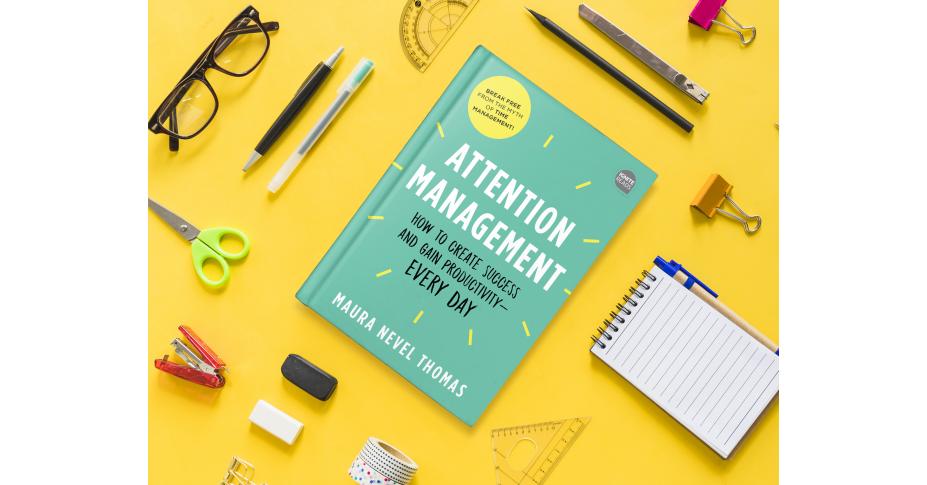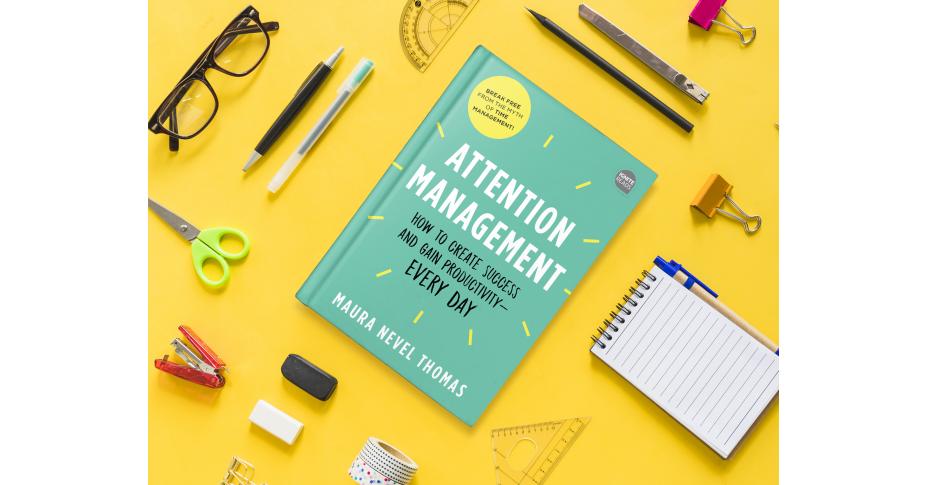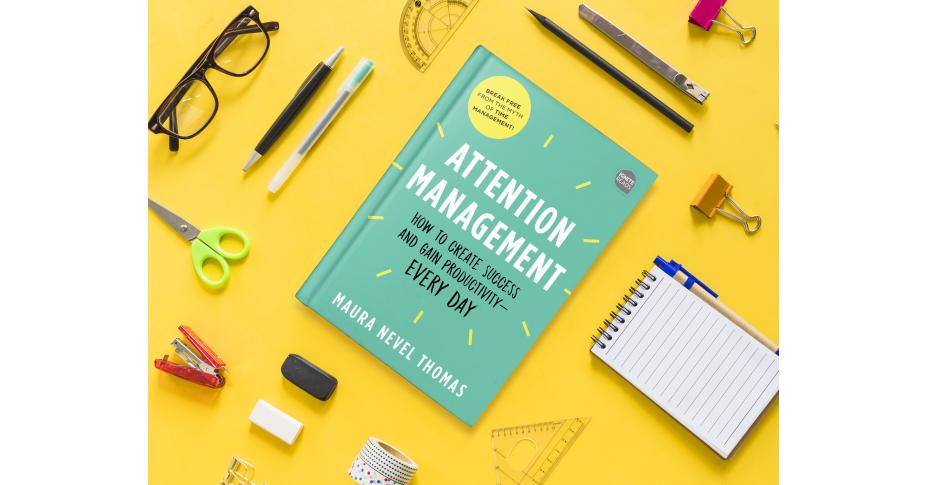Getting Easily Distracted? Attention Management to the Rescue
Getting easily distracted at work and at home takes a toll on productivity. Our failure to practice attention management makes it harder and harder to live a life of choice, rather than a life of reaction.
Distractions are abundant in our lives, both at work and at home. In our modern, technological world, there is always someone or something trying to steal our attention away from the task at hand: email, text messages, relentless push notifications, other people, and our own “busy” brain reminding us not to forget everything we have to do. It’s important to control our attention so that we can be productive and achieve the results that are most significant to us.
Are You Easily Distracted? Attention Management Can Help
Your attention determines the experiences you have, and the experiences you have determine the life you live. Or, said another way: you must control your attention to control your life. Today, in a world where so many experiences are blended together—where distraction is rarely more than a few minutes away—has that ever been more true?
However, it’s possible to develop and strengthen good attention management skills. By managing your attention, you are more readily able to increase your productivity, and to focus on the things in life that matter the most to you.
Control Your Technology
The first step to keep you from getting easily distracted is to control your technology. Remember that we purchase our technology tools for our convenience, not so everyone in the world can interrupt us at any time! Start by turning off those notifications. As often as possible and especially when you’re working, keep your phone silent and out of sight. Constant alerts and notifications have accustomed you to distraction, and this is chipping away at your attention span, your patience, and your ability to apply your brain power in a meaningful way.
Control Your Environment
Second, you have more control over your environment than you might think, and it’s time to exercise some of that control. Even if you work in an open-office setting, you can set some boundaries. For example, find ways to communicate to coworkers when you don’t want to be disturbed. Make a “Do Not Disturb” sign to hang on your office door, the back of your chair, or a cubicle wall when you are trying to focus, so you can get deeply engaged in your work without someone interrupting to ask, “Got a minute?”
To control your environment, you also need to manage clutter. A cluttered workspace is a subtle source of stress, and it means that other work and other issues will be distracting you while you are trying to focus on the task at hand. If your desk is messy, at least put the “mess” in a pile, in a box, or in a folder marked “to process.” This will reduce the chances that the clutter will steal your attention. You can do the same with files cluttering your computer desktop, and use your email inbox for receiving messages, not for storing them.
Control Your Habits
The third part is the trickiest: learning to replace your unhelpful habits. When we get distracted every few minutes all day long, distraction becomes a habit, so that every few minutes we get distracted! You can learn to recognize how often you are being distracted so you can let go of that habit of distraction and improve your focus, your attention span, and your patience.
Fight Back Against Distractions with Attention Management
Practicing attention management means fighting back against distractions and creating opportunities throughout your day to support your priorities. Building good attention management habits will help you start to reclaim your life and devote more of yourself to what’s really important to you. Don’t allow distraction to derail your aspirations and intentions. Instead, control your attention to control your life.
If you want to learn more about Attention Management, click here!
A version of this article previously appeared on MauraThomas.com.
You can preview and purchase the book here>>



